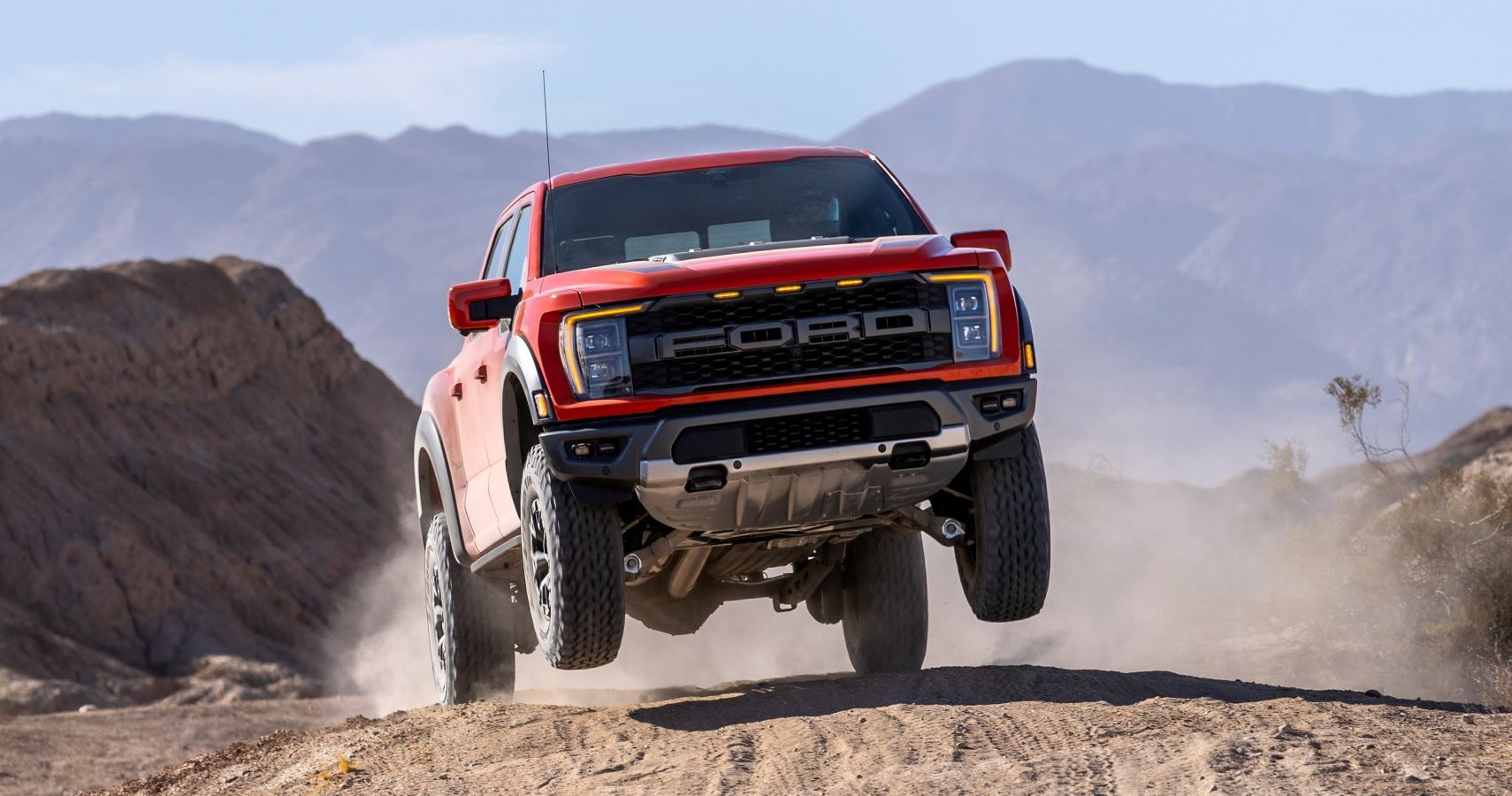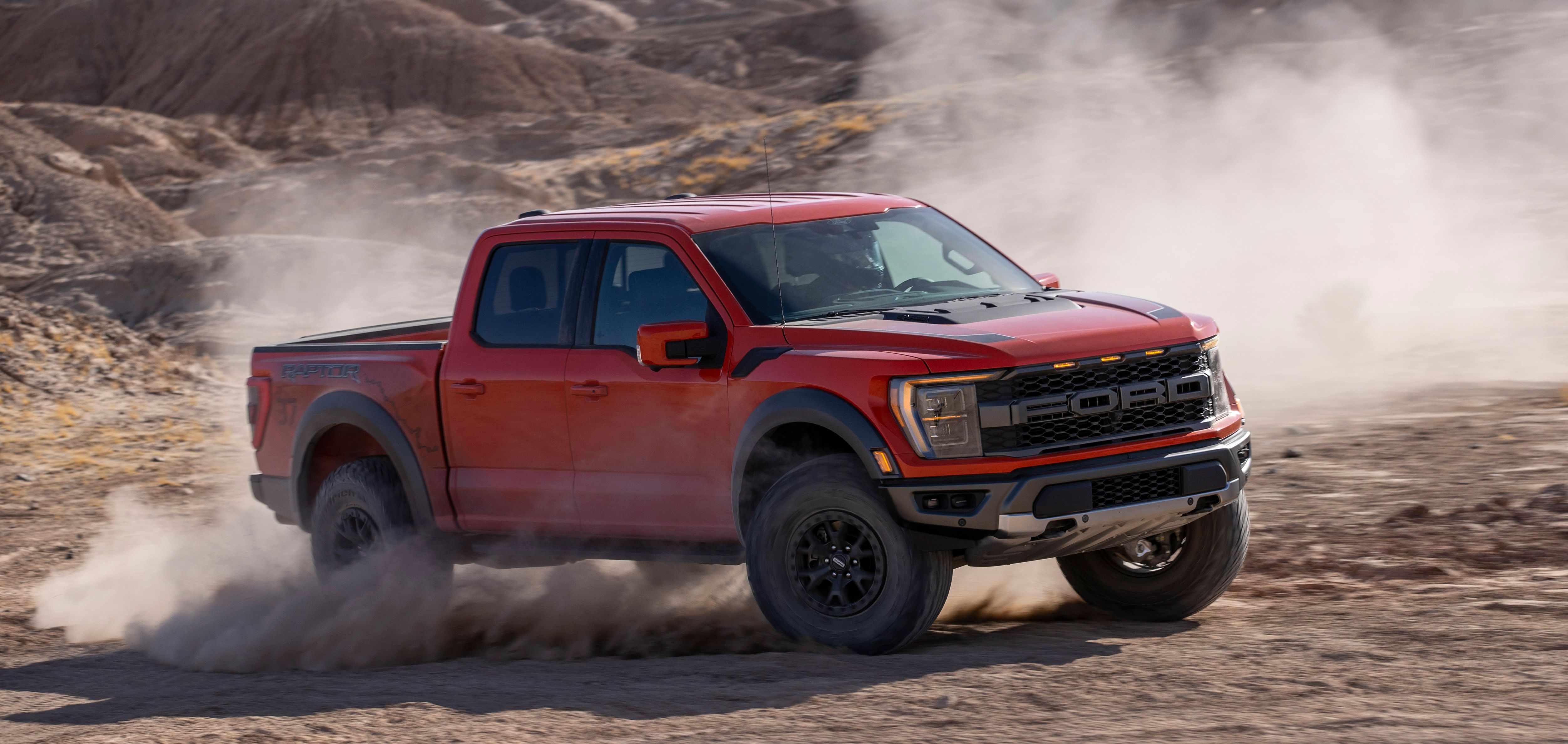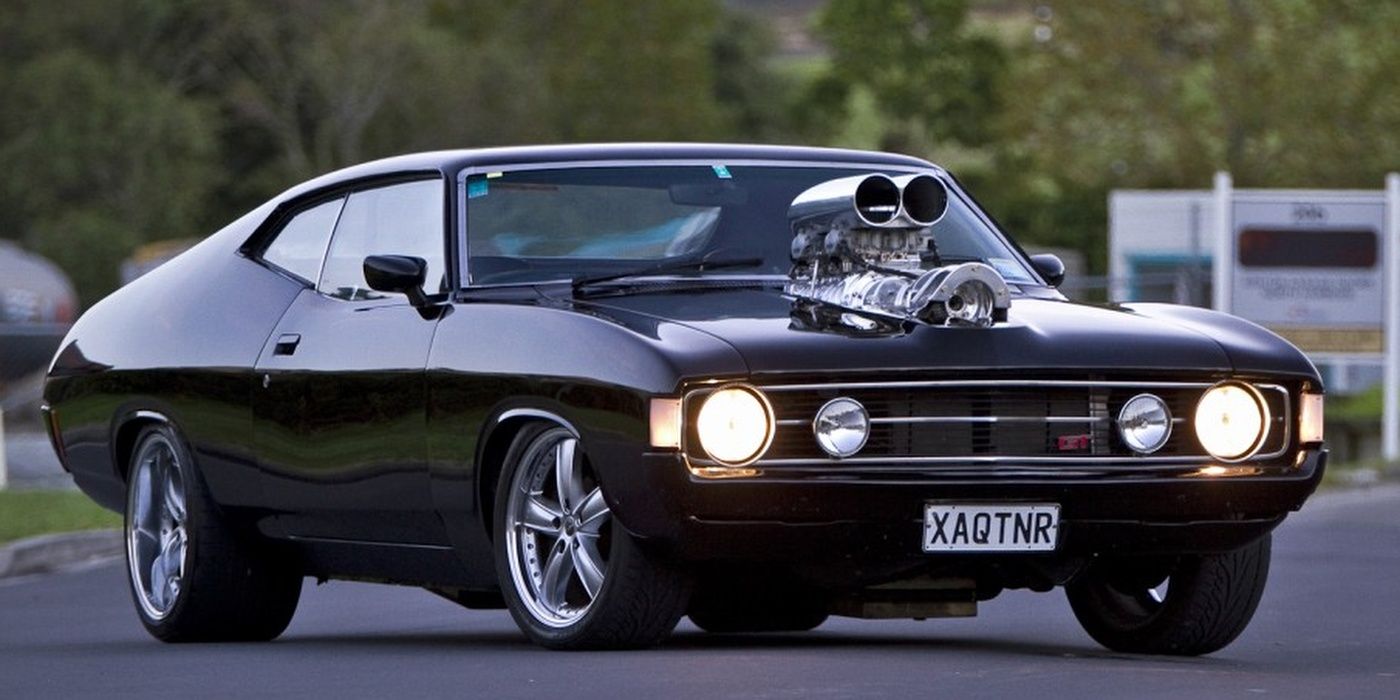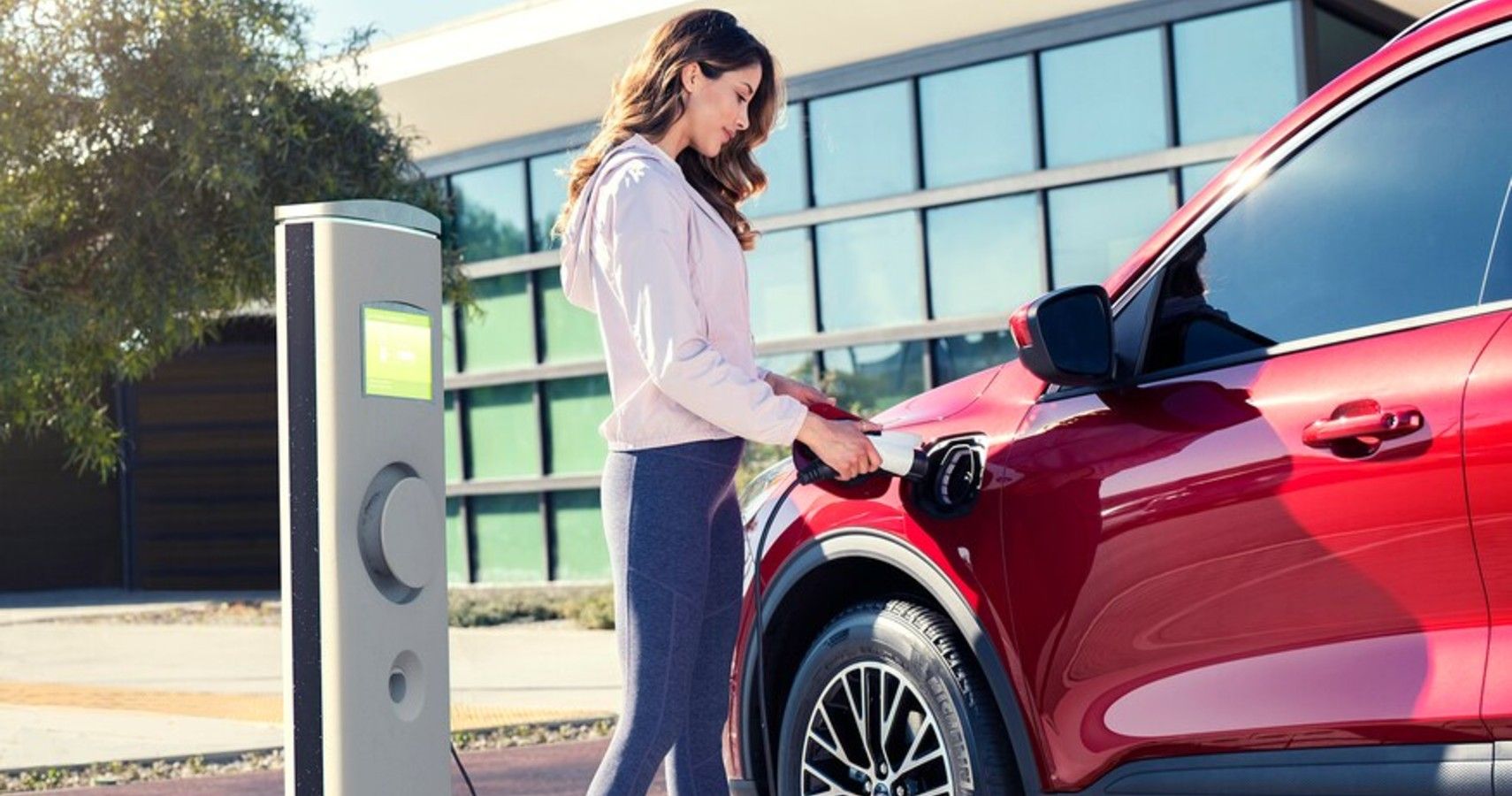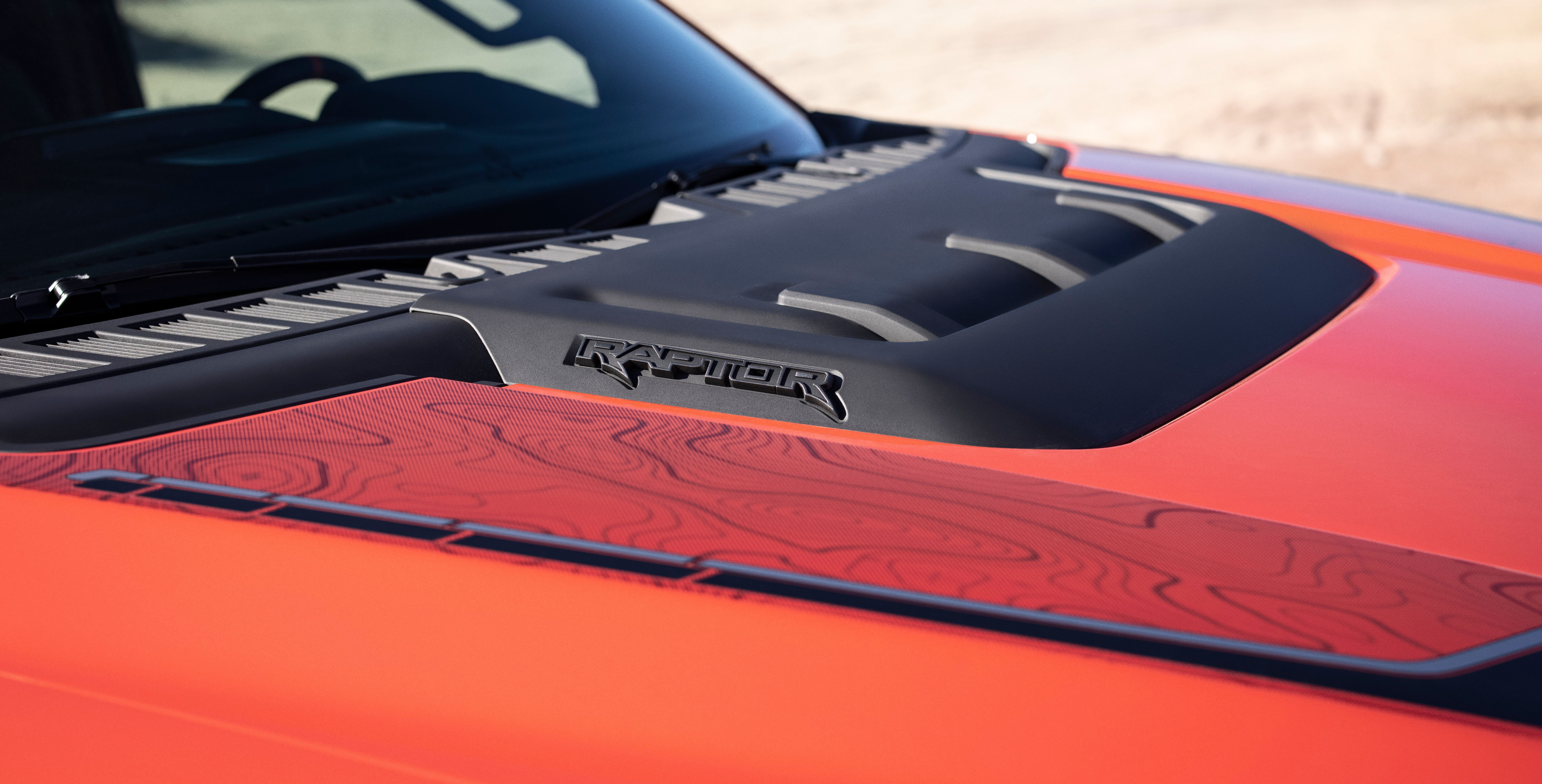Earlier this month, Ford announced that the Raptor off-road pickup would return to the company’s truck lineup for 2021. But, the manufacturer also confirmed that a higher performance version will be available in 2022. It is called the Raptor R and will presumably have a V8. Much applause erupted from Raptor fans across the internet at the two pieces of news. However, a much more sobering undercurrent is making its way through the automotive world that may make a Ford V8 Raptor part of a dying breed.
The popularity of the internal combustion engine is currently being minimalized. Countries, regions and even states around the world are encouraging their citizens to convert to electric vehicles. For example, in some cases, limitations and penalties are being placed by government entities for consumers seeking internal combustion engine vehicles. However, the same entities are also rewarding consumers who convert to hybrid electric or fully electric vehicles by offering incentives.
Regulations are currently changing the future automotive landscape. But, how quickly will this shift affect the future Ford Raptor models?
It Feels Like An Asteroid Might Be Coming For The Raptor
Regulations come and go. But, the move to electric vehicles seems to be gaining steam globally. California and Massachusetts have both announced bans of gas-powered car sales after 2035. Meanwhile, Forbes offered this statement, “Beginning in 2016, European countries and cities began to make commitments to ban the future sale of ICE vehicles. Countries like France, Norway, and the UK have all set dates for these bans, with Norway’s being the most bullish—all new car sales must be zero-emissions (battery EV or fuel cell) by 2025.”
What does all this mean to U.S. consumers today? It means the groundswell of support for electrification is gaining steam. Consequently, the consumer is at the beginning of a historic shift away from internal combustion engines. So, the V8-powered Ford Raptor performance pickup or any V8-powered vehicle from any manufacturer may become increasingly more difficult to find in the coming years. In other words, the time to enjoy them is now.
Will Electrification Kill All Internal Combustion Engines?
Will electrification kill all internal combustion engines? Not likely. There will always be specialized products. Also, there will always be consumers that enjoy the visceral feel and sound of an internal combustion engine. But, a shift is happening none-the-less. In fact, many regions across the globe are doing what they can to prepare for the electrification of the automotive industry by building the infrastructure now to support the continuing shift.
Infrastructure Support Is Already Being Rolled Out
The adoption of electric vehicles is happening briskly. During the pandemic lockdown of 2020, a report from JATO Dynamics Limited stated,
“Demand for gasoline and diesel cars shows double-digit drops compared to September 2019 while the volume of EVs increased by 139% to 327,800 units – a record in terms of both volume and market share. This is the first time that EVs have broken the 300,000 units monthly mark, and only the second time that they have counted for more than 20% of registrations.” – JATO
The thing is, the adoption of electric vehicles can not happen without the infrastructure in place for them to operate out of. This means regional electrical systems have to be upgraded to handle the growing load and charging networks have to be available so that consumers don’t feel range anxiety.
What is being done to make this happen? Multiple states are using Dieselgate monies to enhance their developing infrastructure systems. For example, in July, the Associated Press reported that Florida’s first portion of the settlement with Volkswagen for the Dieselgate fiasco “will allow 27 charging stations to be installed along Florida’s major interstates, including the state’s two longest — Interstates 75 and 95.” At the time, Mike LaRosa, Florida State Representative and Chairman of the House Commerce Committee said, “In March of this year, Florida became the largest state in America to meet all National Ambient Air Quality Standards, and the addition of these electric vehicle charging stations encourages more EV commerce across our highways, producing fewer vehicle emissions.”
What does this mean for Ford Raptor V8 Engines?
The automotive industry is not one to stand still. Ford is no exception. Although the growl from a V8 engine can be intoxicating, electric vehicles are on their way. Ford has already announced plans for an electric F-150 in the near future. This might be a taste of things to come.
It is speculated that industry-wide adoption of electric vehicles will happen within the next 15 years. That was unthinkable just a handful of years ago. But, if the US’s best-selling truck is already planning the change to electric, and the global electric infrastructure is already being enhanced, then the Ford V8 may be a declining breed. After this new generation, the Raptor or Raptor R badged vehicles could conceivably be electric.

